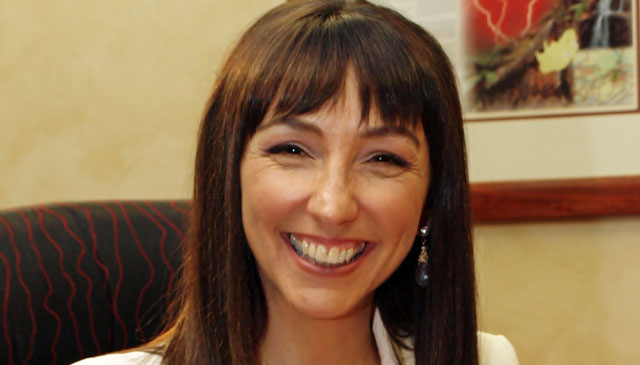
Private equity fund managers raised R29bn in 2015, up significantly from the previous year’s R11,8bn.
According to the Savca 2016 Private Equity Industry Survey, this is the highest number on record and includes funds raised for investments in South Africa as well as those with geographic mandates that include South Africa. While the US and UK remain large investors, 76% of the funds raised were from South African sources.
Assets under management in the South African private equity industry grew by R15bn year on year to reach R165bn by the end of last year.
This is the result of funds raised as well as growth in the value of the underlying assets, Southern African Venture Capital and Private Equity Association (Savca) CEO, Erika van der Merwe, explains.
Private equity is a long-term, alternative asset class where fund managers raise third-party funds from various classes of investors to buy assets that are predominantly privately held.
The growth was achieved against a backdrop of a depreciating local currency, threats of a ratings downgrade and heightened political risk.
But Dave Stadler, chairman of Savca, says it is important to bear in mind that the period to raise funds and interact with investors might start two to three years earlier.
Moreover, a lot of the investors have already invested with the private equity fund manager who is raising funds for a second, third or even fifth or sixth fund.
“So they have that track record and experience with the particular private equity fund manager,” he says.
Where investors do “come in cold” they tend to consider the experience of other foreign investors and their experience with the private equity fund managers.
Michael Rudnicki, head of private equity markets at KPMG, says he expects that the percentage of funds raised offshore will change dramatically in the next couple of years and that at least half the funds will originate offshore, especially against a backdrop of the significant economic growth expected in certain parts of Africa.
“There is a huge amount of interest because there is growth,” he says.
But although there is not a lack of funds for private equity investment, it is often difficult to find the right partner, Rudnicki says.
“The money is there but to find the deals is a difficult thing to do.”
The bulk of funds raised (95,9% of the R29bn) during 2015 is for late-stage investments (established businesses with a track record), with only a small fraction earmarked for early-stage investments.
While venture capital is a subset of private equity, there are often considerable differences between the two categories. One of the distinctions is that venture capital firms tend to invest in early stage or start-up firms whereas private equity groups typically focus on established firms with a proven track record.
Van der Merwe says as far as they know there is hardly any institutional allocation to venture capital. As a result these businesses are very reliant on angel investors or family offices.
One exception was a recent announcement by tech venture capital fund 4Di that it has raised institutional money.
Van der Merwe says their view is that pension funds probably still have less than 1% allocated to the private equity asset class.
Regulation 28 of the Pension Funds Act allows pension funds to allocate up to 10% of their assets to private equity from an earlier 2,5%, but the asset class is a difficult sell because of its long-term and illiquid nature (typically the investment is locked in for 10 years). Venture capital investments have the added risk that only a very small percentage of businesses succeed.
“When you invest in VC you are investing in a potential project that might yield results,” Rudnicki says.
He says private equity firms want to see the track record of the business and ensure that strong management teams are in place whereas venture capital are effectively betting on potential opportunities.
Therefore it is highly unlikely that pension funds will want to invest in venture capital opportunities.
Despite the hiccups around the global financial crisis, the private equity industry has reported a steady 12% compound annual growth since 1999, Van der Merwe adds.
Savca, along with research partner KPMG South Africa, surveyed 72 managers (representing 82 funds) with a mandate to invest in South Africa and other African markets. This research information was supplemented through alternative sources for a further 10 managers representing 18 funds.
- This article was originally published on Moneyweb and is used here with permission

